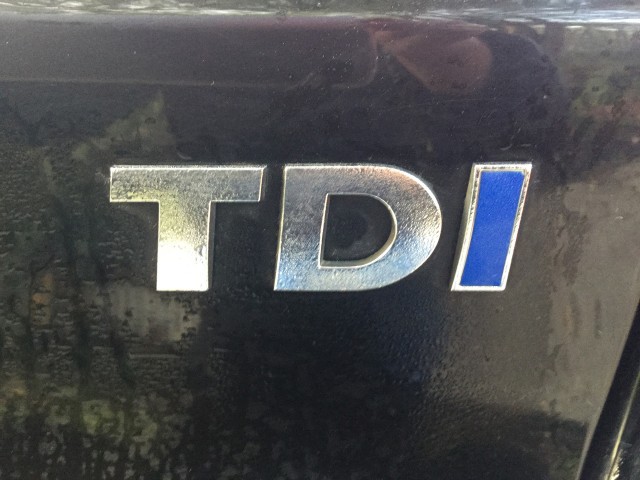
Volkswagen TDI diesel vehicles owned by Phil Grate and family, Seattle, Washington
Amazingly, the diesel emissions case against Volkswagen in the U.S. is still gaining steam.
The Securities and Exchange Commission charged VW and its former CEO Martin Winterkorn on Thursday with defrauding investors, according to wire-service reports.
READ MORE: Gauging VW's progress on second diesel-settlement anniversary (Updated)
The charges are tied to bonds that VW sold to investors in the U.S. in 2014 and 2015, when the SEC alleges the company and its chief executive knew that more than half a million of the diesel cars and SUVs it sold in the U.S. didn't comply with emissions regulations and so should have known they could face a massive recall.
The lawsuit alleges that VW misled investors who bought $13 billion worth of those bonds about the quality of its cars.
CHECK OUT: Report: Former VW CEO Martin Winterkorn criminally charged over dieselgate
"Volkswagen hid its decade long emissions scheme while it was selling billions of dollars of its bonds to investors at inflated prices," said Stephanie Avakian, the co-director of the SEC's Division of Enforcement, in a release.
In a prepared statement, Volkswagen responded to the new charges by calling them "legally and factually" flawed, and said the SEC was "piling on."
"The SEC has brought an unprecedented complaint over securities sold only to sophisticated investors who were not harmed and received all payments of interest and principal in full and on time," VW's statement (via the Wall Street Journal) continued.
DON'T MISS: VW boosts electric car plans with more models, 22 million EVs in 10 years
The new charges follow ones that Volkswagen settled with the Federal Trade Commission and the Justice Department by recalling all those cars and buying back most of them. Criminal charges in the U.S. are still outstanding against Winterkorn and several other German VW executives, over the emissions cheating scandal. Since Germany does not extradite its citizens to the U.S., they have not faced the charges. Two VW executives have been convicted in the scandal and are now serving sentences in U.S. federal prisons.
The diesel emissions scandal is reported to have already cost VW more than $30 billion, and the company has since shifted its focus to developing electric cars, where the company has invested as much as $50 billion to make the transition to EVs as it attempts to put the diesel scandal in its rearview mirror. The first electric models from VW's resulting modular-platform mass-market push are slated to go on sale in the U.S. starting next year.